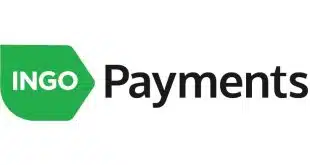A new report by The Pew Charitable Trusts says a minority of “financially vulnerable” consumers generate most overdraft fee revenue for banks, and it calls for bank regulators to put stricter controls on the controversial fee.
The report uses data from the federal Consumer Financial Protection Bureau, more than 40 banks, and the Federal Deposit Insurance Corp. going back to 1984 to review the growth of financial institutions’ fee income, including overdrafts. Many overdraft fees are incurred when a debit card issuing bank or credit union approves a debit transaction despite the account holder doesn’t have enough funds in his or her account to cover the payment.
“In 2015, U.S. banks with assets exceeding $1 billion reported $11.16 billion in overdraft fee and NSF [non-sufficient funds] revenue, which constituted nearly two-thirds of all consumer deposit-account fee revenue,” says the report.
Pew also said that “the cost of overdraft programs is borne disproportionately by a small share of financially vulnerable consumers.” According to CFPB research, less than one-fifth of account holders—those who incur three or more overdraft fees per year—pay more than 90% of all overdraft fees triggered by debit cards, checks, and ACH electronic transactions.”
Philadelphia-based Pew said it is making an “evidence-based case for regulation to limit the number and amount of fees.” Regulations that took effect in 2010 require consumers to opt in to overdraft protection, but the CFPB last month indicated that overdrafts are on its agenda for possible further rule-making. However, the CFPB’s future is in question now that Republican Donald Trump will be sworn in as president Jan. 20 and many lawmakers in the Republican-controlled Congress want the CFPB either abolished or its powers limited.







